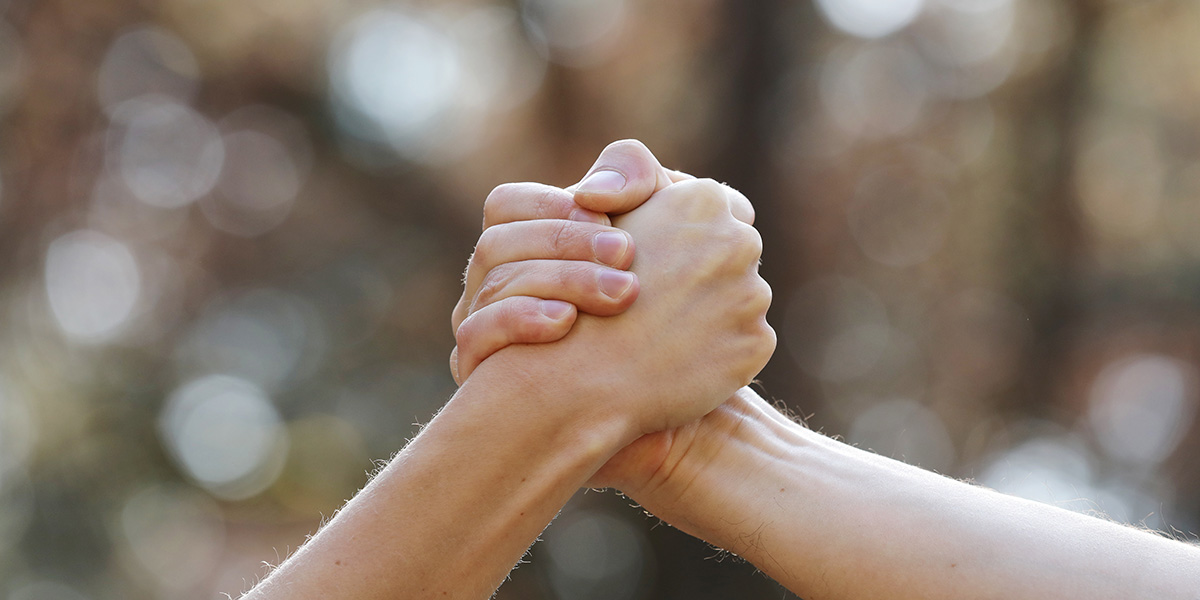With new information, traditional drug and alcohol treatment programs change in favor of emerging evidence. One such area is the involvement of a peer support specialist in conjunction with a licensed, trained provider specialized in drug and alcohol recovery. A peer support specialist can provide personal experience and provide strategies and support that complement therapy.
What is a Peer Support Specialist
A peer support specialist is someone who has experienced a similar situation with drug and/or alcohol addiction and is successful in their recovery. They are unique because their support comes from outside the clinical spectrum and can often be a person someone can relate to in their own recovery. This shared experience is found to help reduce the risk of relapse and improve recovery outcomes.
The role of the peer support specialist can play an important part of treatment, and they may provide mentoring, help set individual goals, share resources, lead group meetings, and offer mental health support. While they serve as a role model and provide a strong source of motivation and support, a peer support specialist is limited in their role. As a non-licensed professional provider, peer support specialists do not give professional advice, diagnose, provide case management, or other professional services.
As an emerging role in drug and alcohol treatment programs, peer support specialists need special training and a strong foundation of core competencies. The following provides an overview of the foundational skills of a peer support specialist. These can vary from state to state to meet the unique needs of the people in their state.
The Foundational Principles of Core Competencies
The Substance Abuse and Mental Health Services Administration (SAMHSA) describes the foundational principles of core competencies as:
- Relationship-focused
- Recovery-oriented
- Person-centered
- Trauma-informed
- Voluntary
Relationship-focused
Building community and relationships is the heart of peer support services. When supporting someone with substance misuse disorder, a rapport of trust and mutual respect is essential.
Recovery-oriented
Peer support specialists know recovery is highly individual and not one-size-fits-all. They help people identify their strengths, develop personalized solutions, and empower individuals to create their own pathway to recovery.
Person-centered
Peer support is centered on the person receiving treatment services. They step outside their own preferences and experience and personalize their approach to better align with the specific needs of who they serve.
Trauma-informed
Trauma can go hand-in-hand with substance abuse, and it’s essential for peer support specialists to understand the importance of creating a safe, empowering environment for those they support.
Voluntary
Taking part in peer support services is completely voluntary and a partnership. As a peer support specialist, avoid coercion or force.
Benefits of Peer Support
Sharing experience and modeling the recovery journey brings many benefits for those struggling with substance misuse. Research evidence from SAMHSA shows the effectiveness of peer programs and includes:
- Improved relationship with treatment providers
- Increased treatment retention
- Increased satisfaction with the overall treatment experience
- Improved access to social supports
- Decreased emergency service utilization
- Reduced re-hospitalization rates
- Reduced substance use
- Reduced relapse rates
- Greater housing stability
Besides the above benefits, peer support can help give people a voice and lessen feelings of shame and isolation. Sharing experiences can help people reflect on their journey, feel less alone, and realize accomplishment- no matter how small. So far, the non-clinical role of the peer support specialist shows a great addition to complement the journey to recovery.
Outpatient Drug and Alcohol Treatment in Santa Rosa, CA
The addiction treatment program at Pura Vida provides an affordable evidence-based recovery program for those struggling with substance misuse and addiction. With a strong focus on accountability, community, and recovery, the licensed professionals at Pura Vida provide the highest quality treatment measures to help people rediscover joy in their life without the use of drugs or alcohol.
Pura Vida uses a number of treatment modalities to address the unique needs of the person. These included Cognitive Behavioral Therapy (CBT), Seeking Safety (Trauma Informed Care), Person-centered Therapy. Recognizing co-occurring issues can often accompany substance use disorders, the clinical team can provide effective treatment for those dual diagnoses individuals who also may struggle with an underlying mental health condition.
For a confidential assessment, reach out to Pura Vida.





